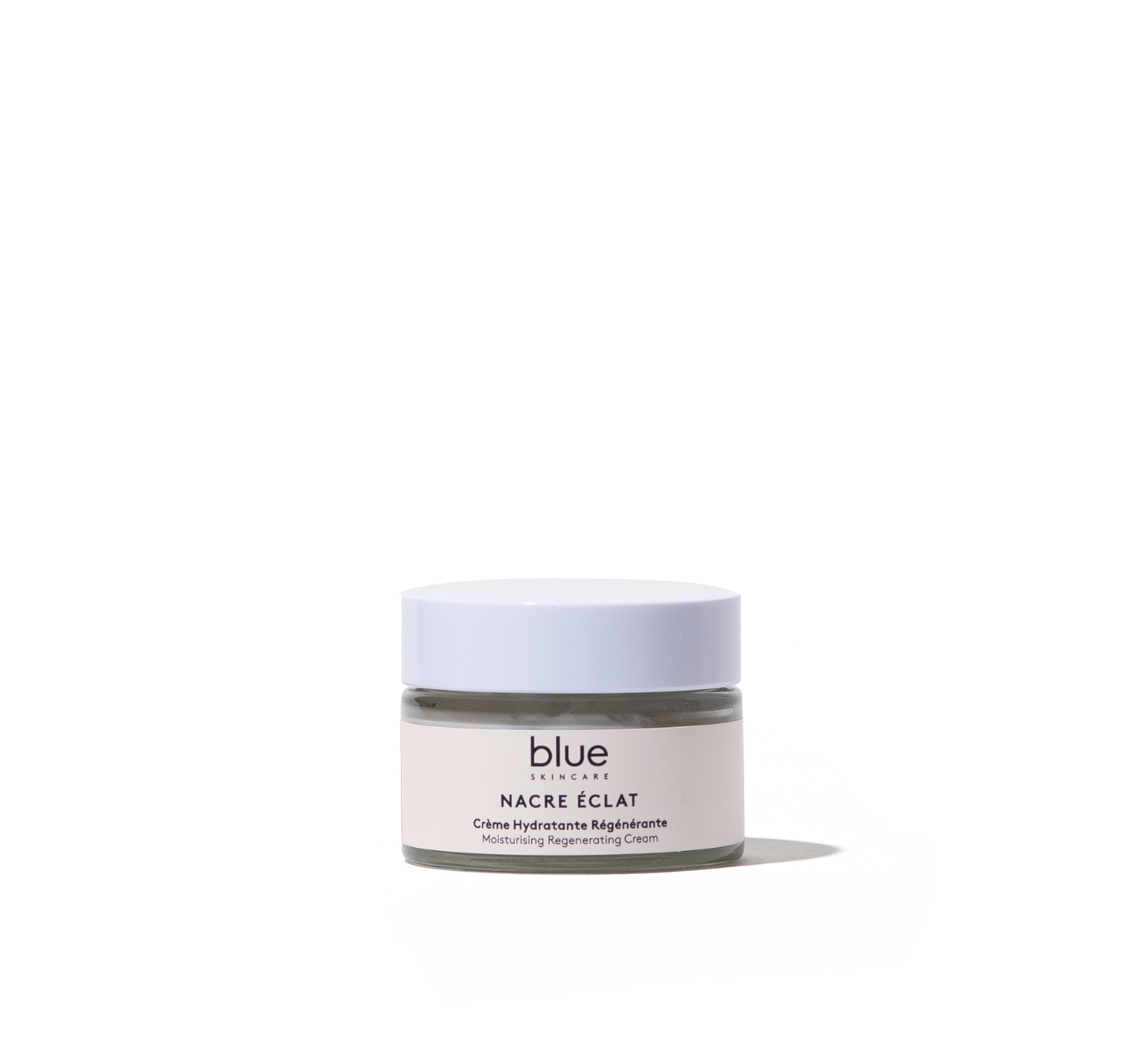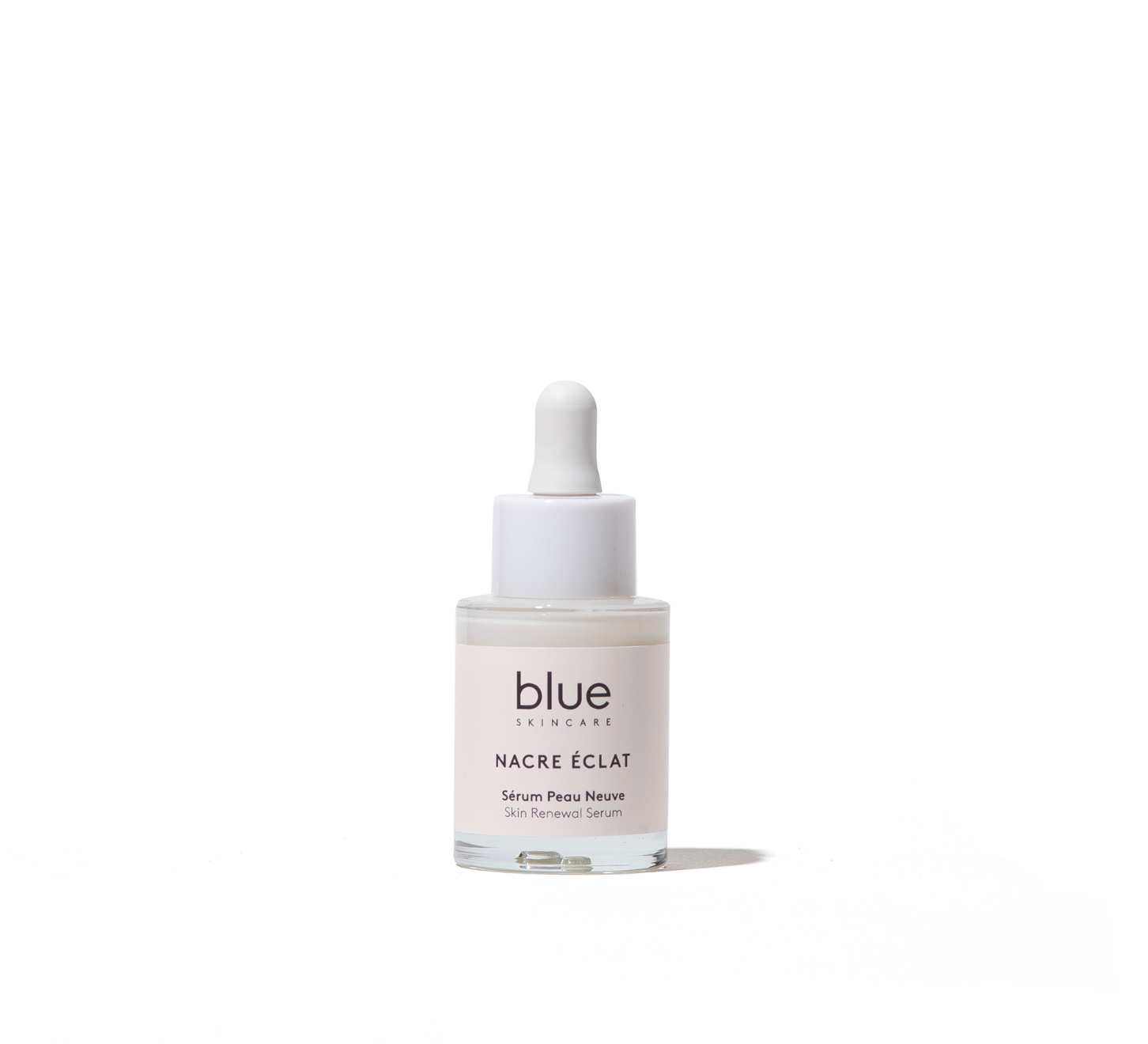Le psoriasis est une maladie chronique de la peau qui touche des millions de personnes dans le monde. Bien qu'il n'existe pas de remède définitif, il est possible de gérer efficacement cette affection cutanée pour améliorer la qualité de vie des patients.
Les traitements du psoriasis varient en fonction de sa gravité, de la forme de la maladie et des besoins individuels. Dans cet article, nous explorerons les différentes options de traitement, des approches médicales aux traitements non médicamenteux, pour fournir une compréhension complète des moyens disponibles pour soigner le psoriasis.
Pourquoi est-il important de faire le bon choix sur le traitement ?
Il est essentiel de choisir le bon traitement pour le psoriasis en raison de son impact sur la santé globale du patient. Cette maladie chronique exige une gestion adéquate pour éviter l'aggravation des symptômes et les complications. Des traitements inadéquats peuvent détériorer la qualité de vie, entraîner des douleurs articulaires et même provoquer des problèmes psychologiques.
L'importance d'un diagnostic précis est primordiale, car la gravité et le type de psoriasis varient. Les traitements doivent être personnalisés, tenant compte de la sévérité des symptômes et des conditions médicales sous-jacentes.
Choisir le traitement approprié contribue à maintenir la santé physique et émotionnelle, à améliorer la qualité de vie, et à réduire les risques de complications à long terme. Une consultation avec un professionnel de la santé qualifié est donc essentielle pour élaborer un plan de traitement adapté aux besoins individuels du patient.
Traitements non médicamenteux
Les traitements non médicamenteux contre le psoriasis jouent un rôle essentiel dans la gestion de la maladie. Ils incluent la thérapie photodynamique, l'exposition au soleil modérée, l'hydratation de la peau, et la réduction du stress grâce à la méditation et la relaxation. Ces approches et crèmes pour le psoriasis contribuent à apaiser les symptômes et à améliorer la qualité de vie des personnes atteintes de psoriasis.
Adopter une alimentation saine
Adopter une alimentation saine peut être bénéfique pour les personnes atteintes de psoriasis. Une alimentation riche en fruits, légumes, poissons gras et faible en aliments transformés peut réduire l'inflammation, favorisant ainsi la gestion des symptômes.
Éviter les déclencheurs potentiels comme l'alcool et les aliments épicés peut également contribuer à minimiser les poussées de psoriasis.
Pratiquer des exercices physiques
La pratique régulière d'une activité physique modérée est bénéfique pour les personnes atteintes de psoriasis. L'exercice peut réduire le stress, qui peut déclencher des poussées de psoriasis, et améliorer la circulation sanguine, favorisant une meilleure santé cutanée.
Cependant, il est essentiel de choisir des activités douces pour éviter les irritations de la peau et de maintenir une bonne hydratation après l'exercice pour prévenir la [sécheresse cutanée].
Dormir suffisamment
Le sommeil adéquat est crucial pour les personnes atteintes de psoriasis. Un repos insuffisant peut aggraver les symptômes en augmentant le stress et l'inflammation.
Un bon sommeil favorise la régénération de la peau et contribue à la gestion de la maladie. Il est donc essentiel de maintenir un rythme de sommeil sain pour un meilleur contrôle du psoriasis.
Recourir à des techniques de relaxation et de méditation
Le recours à des techniques de relaxation et de méditation peut être particulièrement bénéfique pour les personnes atteintes de psoriasis. Ces pratiques aident à réduire le stress, un facteur déclenchant de poussées de psoriasis.
La gestion du stress peut contribuer à améliorer la qualité de vie et à réduire l'inflammation cutanée, favorisant ainsi un meilleur contrôle de la maladie.
Quels sont les traitements médicaux contre le psoriasis ?
Les traitements médicaux du psoriasis jouent un rôle essentiel dans la gestion de cette maladie chronique de la peau qui affecte des millions de personnes dans le monde. Ils sont conçus pour réduire l'inflammation, atténuer les symptômes, et améliorer la qualité de vie des patients.
Du traitement topique aux thérapies biologiques avancées, ces options offrent un éventail de solutions personnalisées pour répondre aux besoins individuels en fonction de la gravité et de la forme du psoriasis. Cette diversité de traitements médicaux témoigne des progrès constants dans la prise en charge de cette affection cutanée, visant à minimiser les poussées et à offrir un soulagement durable aux personnes atteintes.
Utiliser des traitements topiques
Les traitements topiques sont l'une des approches les plus courantes pour lutter contre le psoriasis. Ils consistent en l'application de crèmes, de pommades, de lotions ou de gels directement sur les plaques psoriasiques. Ces traitements contiennent généralement des corticostéroïdes, des rétinoïdes, ou des vitamines D, agissant pour réduire l'inflammation, la desquamation excessive de la peau, et les démangeaisons.
Les traitements topiques sont efficaces pour les formes légères à modérées de psoriasis et peuvent être utilisés en combinaison avec d'autres thérapies pour un contrôle optimal des symptômes. Ils sont généralement bien tolérés, mais nécessitent une application régulière et un suivi médical pour s'assurer de leur efficacité.
Se soumettre à des traitements médicamenteux
Se soumettre à des traitements médicamenteux est souvent nécessaire pour gérer le psoriasis. Ces traitements varient, des crèmes topiques aux médicaments immunosuppresseurs ou biologiques, en fonction de la gravité de la maladie. Ils visent à réduire l'inflammation, à ralentir la croissance des cellules cutanées et à soulager les symptômes, contribuant ainsi à une meilleure qualité de vie pour les personnes atteintes de psoriasis. Consultez toujours un professionnel de la santé pour déterminer le traitement le plus approprié.
Recourir à la thérapie photo dynamique
La thérapie photodynamique est une option de traitement pour le psoriasis. Elle consiste en l'application d'un agent photosensibilisant sur les lésions cutanées, suivi d'une exposition à la lumière. Cette approche cible spécifiquement les cellules affectées, réduisant l'inflammation et les démangeaisons. Cependant, elle peut nécessiter plusieurs séances et présenter des effets secondaires temporaires comme la sensibilité cutanée à la lumière.
Se faire vacciner contre le psoriasis
Il n'existe actuellement aucun vaccin contre le psoriasis. Le psoriasis est une maladie auto-immune complexe qui ne peut pas être prévenue par la vaccination. Le traitement repose principalement sur des approches médicales et non médicamenteuses pour gérer les symptômes et améliorer la qualité de vie des personnes atteintes.
Utiliser des produits de bain naturels
FAQ : soigner le psoriasis
Quel est le traitement le plus efficace contre le psoriasis ?
Il n'existe pas de traitement unique et universellement efficace contre le psoriasis, car l'approche dépend de la gravité et du type de la maladie. Les traitements courants incluent les crèmes topiques, les médicaments immunosuppresseurs, et les thérapies biologiques. La consultation d'un dermatologue permet de déterminer le traitement le plus approprié pour chaque cas.
Quand devrais-je consulter un médecin ou un dermatologue pour mon psoriasis ?
Vous devriez consulter un médecin ou un dermatologue dès l'apparition de symptômes de psoriasis, tels que des plaques rouges et squameuses sur la peau. De plus, si vos symptômes s'aggravent, affectent votre qualité de vie, ou si vous avez besoin d'un traitement spécifique, il est recommandé de consulter un professionnel de la santé pour un diagnostic précis et un plan de traitement adapté.































